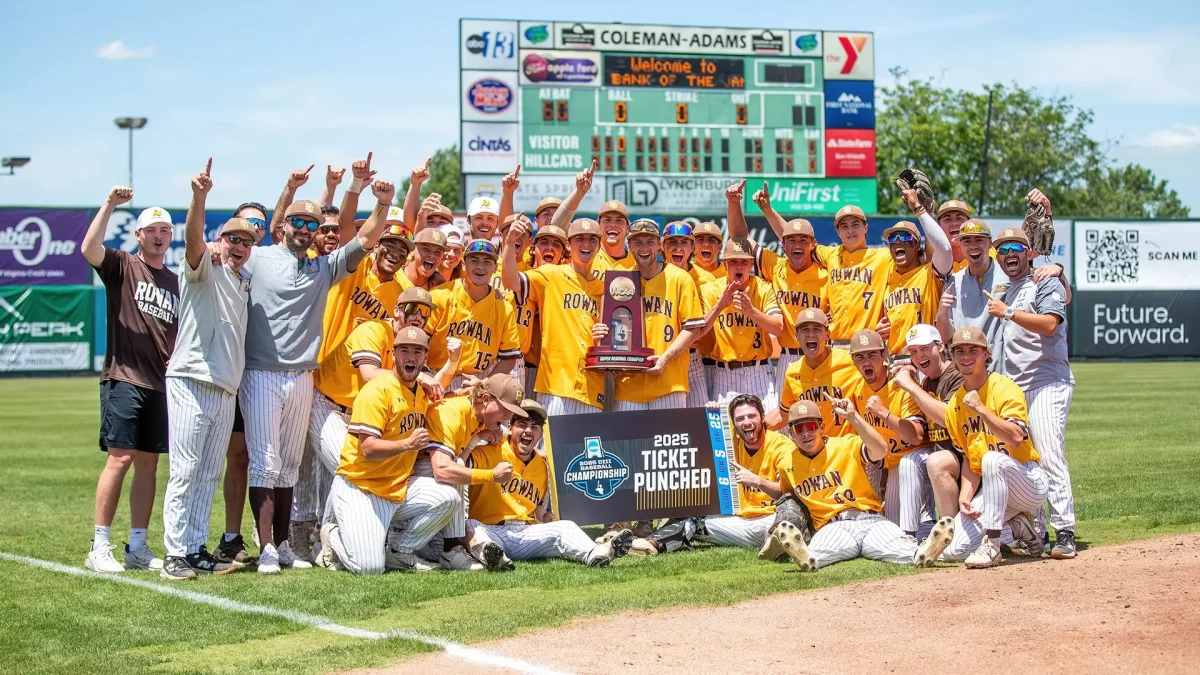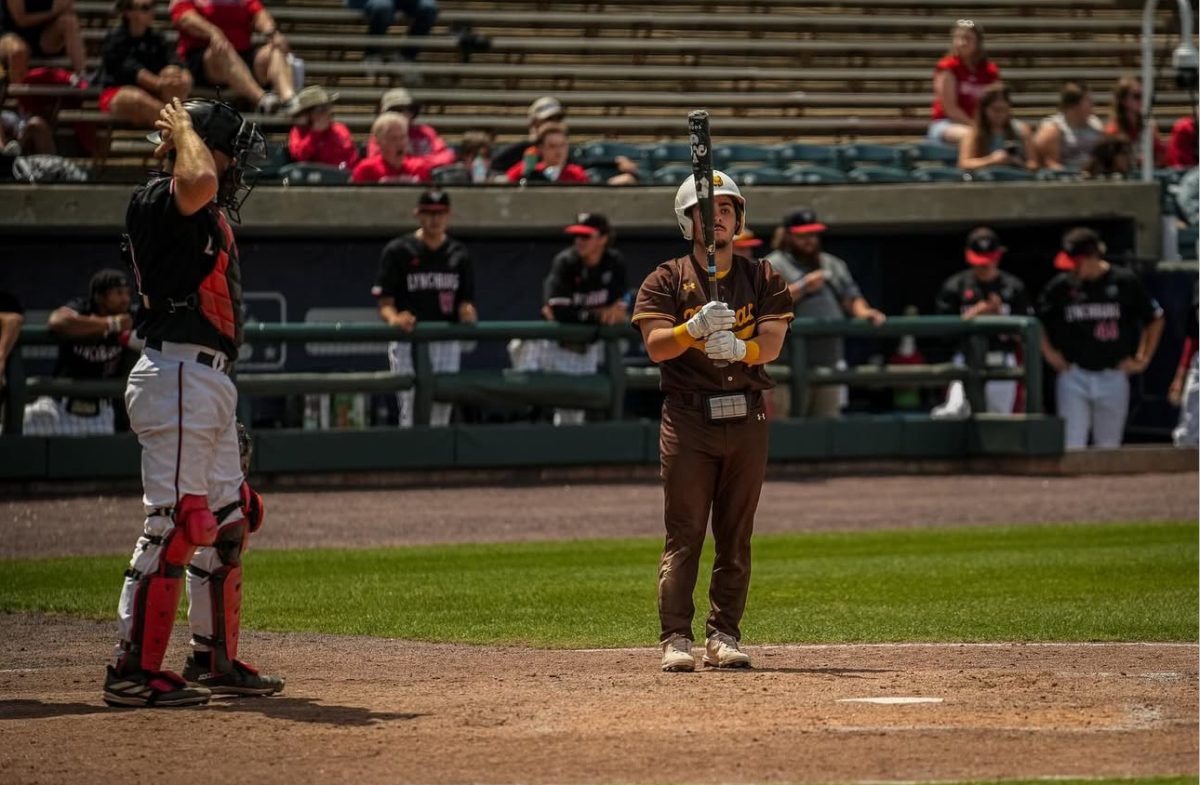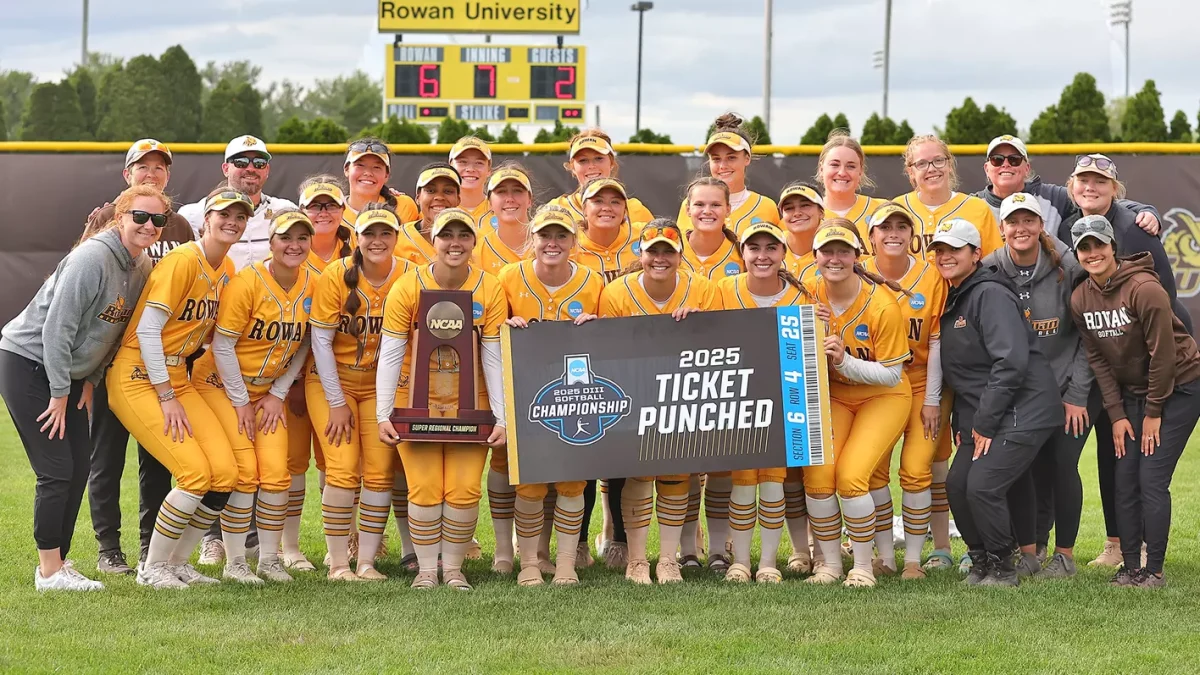
The word is out that this past Saturday a Supreme Court Chief Justice, Antonin Scalia, passed away at the age of 79. The timing of Scalia’s death throws a massive monkey wrench into an already complicated presidential campaign, as well as in the judgment of several precedent-setting cases. Although, the true impact of his death will not be felt in the final year of Obama’s term. Instead, it will ripple into the administration of the president who comes after him and for many years to come.
Chief Justice Scalia’s orginalist interpretation of the Constitution, as well as his avowed opposition to a number of social movements, including gay marriage, made him a significant conservative justice on the court. His death not only throws off the balance of power of the Supreme Court, but it also becomes an issue for the 2016 campaign.
Because Barack Obama’s presidency was already a historically significant one, this upcoming election is not simply an election, but rather a referendum on his policies. Legislation under the Obama administration has fared well in the Supreme Court, with the Affordable Care Act surviving multiple blows which called for its repeal. On the Democrat’s side, you have Bernie Sanders and Hillary Clinton, who are both aiming to pick up the mantle of the Democratic Party and continue with a similar agenda. And on the Republican side, Donald Trump, Marco Rubio, Ted Cruz, John Kasich, Ben Carson and Jeb Bush are running to replace Obama.
Now, with one justice dead and three more on the court gaining years, whoever is elected has a chance to stack the court in favor of their political party, making this election even more significant. If the Democrats win, it’s a positive referendum, and could usher in an era of more expansive progressivism. If the Republicans win, then it’s a mandate that the country is currently heading in the wrong direction. All of this could depend on who is appointed to the highest court in the land.
The Republicans, who control the Senate, the branch of Congress responsible for confirming the president’s supreme court justice nominee, have indicated an unwillingness to confirm the current president’s eventual nominee. It looks as if they will attempt to stall and wait for Obama’s term to run out, almost like taking a knee in football and waiting for the clock to hit zero.
I don’t appreciate this particular effort, but I can understand where it is coming from. If you were in Congress, and knew that the legality of any measure you put forth was most likely going to be struck down by the Supreme Court for the next 30 years, you would make some effort to fight that.
Now, while I do not think they have enough stall tactics in the bag to hold out for the next 11 months, it’s always a possibility. After all, this is almost the same Congress that sent the government into a screeching financial halt just three years ago.
So, should they hold out long enough, we will be under a four to four deadlock in the Supreme Court for almost a year, compromising honest legislation in several precedent-setting cases. Additionally, the next president would have the supreme responsibility of nominating perhaps up to four new justices. And that would make it incumbent upon us, the voters, to get out and cast our ballots, because we would essentially be partially responsible for that nomination.
It is no longer just about party lines and bragging rights. Because we are due for such a major turnover on the court in the next few years, whoever we choose in this election has the power to literally mold the court to fit their political view, a power that is as grand as it is sobering. And you hold a fraction of that power. If you choose to say, “ I won’t vote, because it really makes no difference,” that is your choice. But if you don’t like the way the Supreme Court shakes out, you have no right to complain.
In short, whoever gets the nod to become a justice has a lifetime appointment. And the decisions they make while on the bench will shape my life and yours for years to come.
Get out there and vote.

























































































































































!["Working with [Dr. Lynch] is always a learning experience for me. She is a treasure,” said Thomas. - Staff Writer / Kacie Scibilia](https://thewhitonline.com/wp-content/uploads/2025/04/choir-1-1200x694.jpg)










































